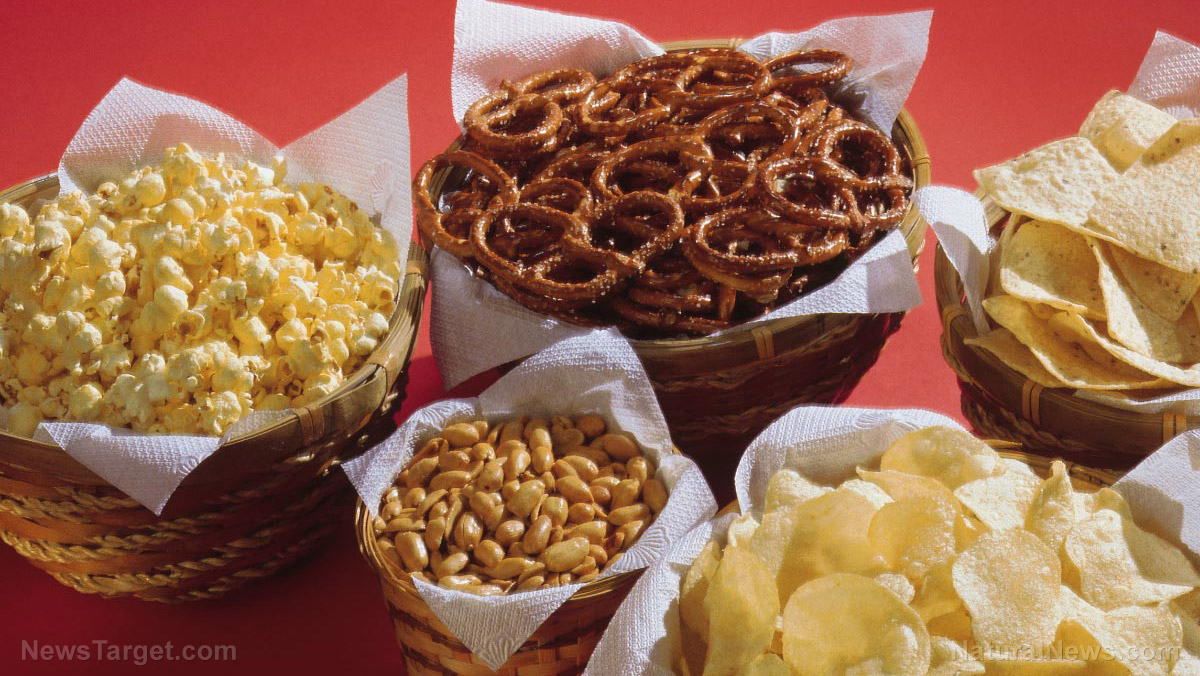Melatonin can address obesity caused by a high-fat diet
02/27/2019 / By Michelle Simmons

A recent study reveals that melatonin can help fight against obesity and its complications. Published in the journal Nutrition Research, the study looked at the effect of melatonin on plasma protein profiles of obese rats.
- Researchers at Mahidol University in Thailand explained that obesity triggers changes in protein expression in different body organs.
- Melatonin has been shown to prevent or reduce such protein changes in several chronic diseases, except for obesity.
- The researchers then assessed the effect of melatonin on plasma protein profiles after rats were fed a high-fat diet to induce obesity.
- They hypothesized that melatonin would reduce abnormal protein expression in obese rats.
- After 10 weeks of feeding rats with a high-fat diet, the animals exhibited increased body weight and fat accumulation.
- The rats fed with a high-fat diet also displayed increased glucose levels.
- These increases indicate that obesity caused the rats to be in a prediabetes-like state.
- In addition, the researchers found 12 proteins were changes in response to the high-fat diet.
- The changed proteins are related to the development of liver problems, such as cirrhosis, thrombosis, and inflammation, contributing to liver steatosis or hepatic cell death.
- With the melatonin treatment, the severity of obesity induced by the high-fat diet was reduced by reducing the amplitude of these protein changes.
In conclusion, the findings of the study suggest that melatonin helps reduce protein changes that are associated with the progression of obesity and its complications, such as liver damage and inflammation.
To read more studies on preventing the progression of obesity and its health complications, visit FightObesity.news.
Journal Reference:
Wongchitrat P, Klosen P, Pannengpetch S, Kitidee K, Govitrapong P, Isarankura-Na-Ayudhya C. HIGH-FAT DIET–INDUCED PLASMA PROTEIN AND LIVER CHANGES IN OBESE RATS CAN BE ATTENUATED BY MELATONIN SUPPLEMENTATION. Nutrition Research. June 2017;42:51-63. DOI: 10.1016/j.nutres.2017.04.011
Tagged Under: alternative medicine, Diets, high-fat diet, inflammation, Liver, liver damage, liver health, melatonin, natural cures, natural healing, natural medicine, natural remedies, obesity, Proteins, slender, supplements, weight, weight gain, weight management




















